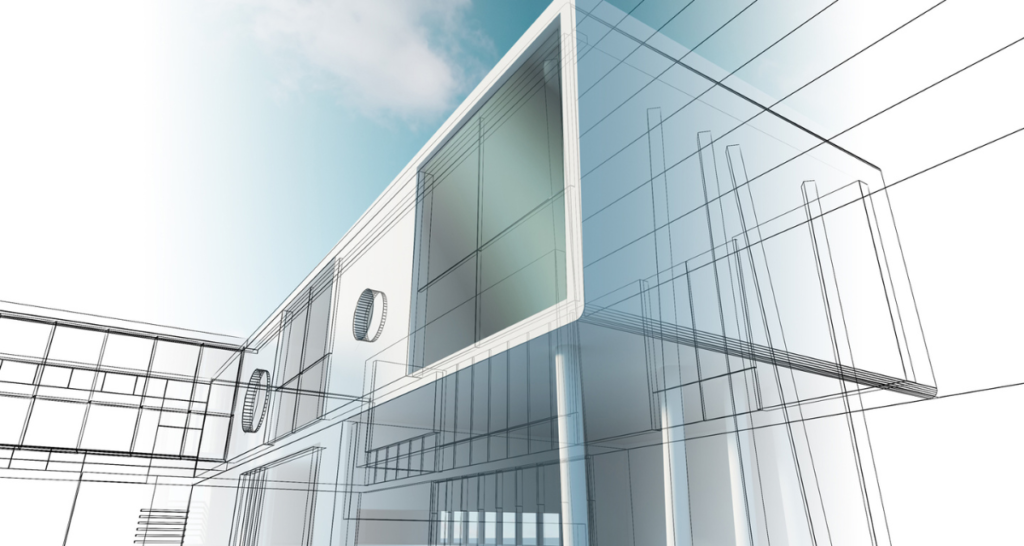Nigeria’s cities are buzzing with a new kind of energy—one where tech isn’t just a tool but a foundation for how we live, work, and build. From Lagos to Abuja, “smart cities” have moved from sci-fi dreams to real-life projects. But what does this mean for buying a home, renting an apartment, or investing in property? Let’s break it down with stories from the ground up.
1. Smarter Energy Use: Homes That Think for Themselves
Picture this: Your AC knows you’re on your way home and cools the room just in time. Lights switch off when you leave, and solar panels on your roof send extra power to your neighbor. This isn’t a movie scene—it’s happening in Lagos estates today.
Developers are now weaving in tech like smart grids and solar panels into new homes. Some neighborhoods use energy management systems that slash electricity bills by 30%. In a country where power outages are part of daily life, these upgrades aren’t just eco-friendly—they’re lifesavers.
But it’s not all gadgets. Builders are reimagining design. Green roofs, rainwater tanks, and materials that keep homes cooler are popping up everywhere. “Buyers now ask, ‘Can I add solar panels here?’ before even talking price,” says Ada, a Lagos real estate agent.
2. Security: Beyond Gates and Guards
Let’s be real: Safety is a top concern in Nigerian cities. But tech is changing the game. Think facial recognition cameras, motion sensors, and apps that let you watch your street from your phone. In Abuja, startups like Reala are linking landlords with digital tools to vet tenants and manage access.
For tenants like Bola, a working mom in Lagos, this means peace of mind: “I check my apartment’s security feed during lunch breaks. It’s like having a guard in my pocket.” For property managers, fewer security teams mean lower costs—and fewer headaches.
3. Cities That Breathe: Planning for People, Not Just Buildings
Nigeria’s cities are bursting. Lagos adds a quarter-million people every year . Smart urban planning is stepping in to avoid chaos. Think small parks in crowded areas, bike lanes to dodge traffic, and neighborhoods where you can live, work, and grab groceries without a car.
Take Eko Atlantic City—a futuristic Lagos district built to survive floods and power itself with clean energy. It’s not just pretty; it’s practical. As climate threats grow, developers are prioritizing flood-resistant designs and green spaces. “We’re not just building homes,” says a planner working there. “We’re building resilience.”
4. Bye-Bye Paperwork: Tech That Makes Property Hassle-Free
Remember the days of chasing landlords for receipts or waiting weeks to verify a land title? Enter apps like PropertyPro and GatePass, which let you rent, buy, or pay maintenance fees with a few taps. Blockchain tech is even fighting land fraud by securing property records.
Then there’s the magic of AI for landlords. Apps now predict when the generator needs servicing or collect rent through mobile money. “It’s like having a super-efficient assistant,” says Yusuf, a landlord using one such platform.
The Heart of the Tech Revolution: People
Tech is driving change, but it’s the people—builders, policymakers, and everyday Nigerians—who are steering it. Challenges remain (hello, power grid issues and red tape), but the energy behind this shift isn’t fading.
As urban planner Chinedu puts it: “Smart cities aren’t about flashy tech. They’re about creating places where Nigerians can live well .”
So whether you’re dreaming of a solar-powered home in Lagos or eyeing a tech-savvy investment in Abuja, the future is here. And it’s looking smarter, greener, and more connected every day.



